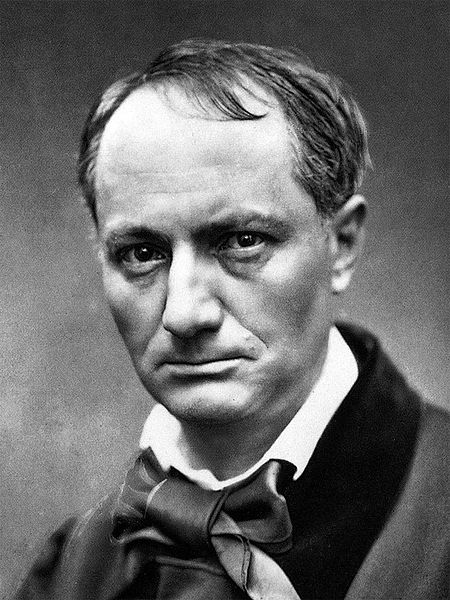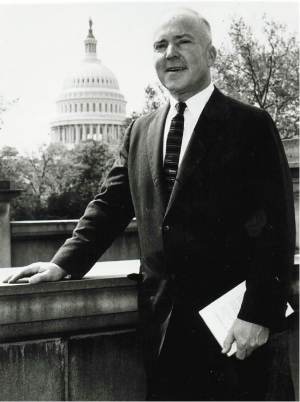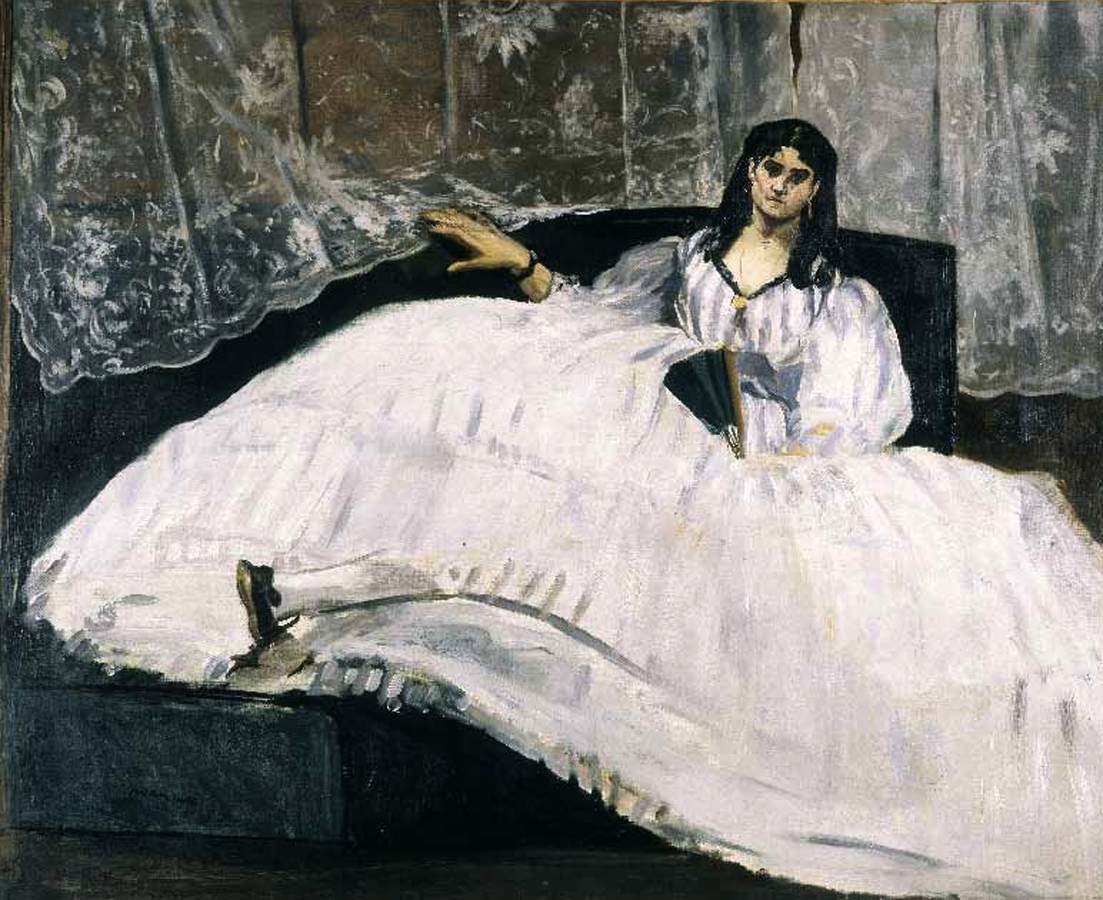…
Charles Baudelaire wrote Une Charogne to his lover, Jeanne Duval, a Haitian actress, who met him when she left Haiti for France in 1842. Whether she died sooner or lived longer than the poet is in dispute, though both would succumb to syphilis. She was the poet’s muse and a good one. The poems Baudelaire wrote to her remain among the great love poems, sensual, down right erotic at times, and sometimes, as with Une Charogne, even disgusting, walking that tightrope between pleasure and pain, life and death, a holistic approach to the world, a stunt Baudelaire successfully pulled off.
Perhaps to really like Baudelaire you have to be a little morbid. So be it. One of my favorite poems is Une Charogne; the words themselves often sound like decay conjuring up both beauty and horror.
…
…
Une Charogne
Rappelez-vous l’objet que nous vîmes, mon âme,
…..Ce beau matin d’été si doux:
Au détour d’un sentier une charogne infâme
…..Sur un lit semé de cailloux,
Les jambes en l’air, comme une femme lubrique,
…..Brûlante et suant les poisons,
Ouvrait d’une façon nonchalante et cynique
…..Son ventre plein d’exhalaisons.
Le soleil rayonnait sur cette pourriture,
…..Comme afin de la cuire à point,
Et de rendre au centuple à la grande Nature
…..Tout ce qu’ensemble elle avait joint;
Et le ciel regardait la carcasse superbe
…..Comme une fleur s’épanouir.
La puanteur était si forte, que sur l’herbe
…..Vous crûtes vous évanouir.
Les mouches bourdonnaient sur ce ventre putride,
…..D’où sortaient de noirs bataillons
De larves, qui coulaient comme un épais liquide
…..Le long de ces vivants haillons.
Tout cela descendait, montait comme une vague
…..Ou s’élançait en pétillant;
On eût dit que le corps, enflé d’un souffle vague,
…..Vivait en se multipliant.
Et ce monde rendait une étrange musique,
…..Comme l’eau courante et le vent,
Ou le grain qu’un vanneur d’un mouvement rythmique
…..Agite et tourne dans son van.
Les formes s’effaçaient et n’étaient plus qu’un rêve,
…..Une ébauche lente à venir
Sur la toile oubliée, et que l’artiste achève
…..Seulement par le souvenir.
Derrière les rochers une chienne inquiète
…..Nous regardait d’un oeil fâché,
Epiant le moment de reprendre au squelette
…..Le morceau qu’elle avait lâché.
— Et pourtant vous serez semblable à cette ordure,
…..À cette horrible infection,
Etoile de mes yeux, soleil de ma nature,
…..Vous, mon ange et ma passion!
Oui! telle vous serez, ô la reine des grâces,
…..Apres les derniers sacrements,
Quand vous irez, sous l’herbe et les floraisons grasses,
…..Moisir parmi les ossements.
Alors, ô ma beauté! dites à la vermine
…..Qui vous mangera de baisers,
Que j’ai gardé la forme et l’essence divine
…..De mes amours décomposés!
…..
A Carcass
Darling, remember what we saw
…..that beautiful summer morning
a rotting thing at the turn of the path
…..on a bed that was sown with pebbles
with its legs in the air like a woman ready
…..burning and sweating it opened
in a cynical offhand way
…..a womb exhaling poison.
The sun shone on this rottenness
…..cooking it to the point
Great Nature got back a hundred ways
…..what it had joined as one.
Heaven looked down on this wonderful carcass
…..as it would on a flower blooming
there in the grass where the stench was so strong
…..you thought it would send you swooning.
The flies crawled over its belly bloated
…..by hordes of black maggots flowing
thick as a boiling liquid
…..over all of it moving
it flew up and flew down like a cloud
…..or rushed forth sparkling at you—
you might have said it swelled with a breath
…..that lived by multiplying itself
giving off a strange soft music
…..like running water or the wind
or the sound a winnower makes
…..shaking grain back and forth in his pan
its form was erased, came again changed
…..like a dream or a sketch long forgotten
left on a canvas the artist remembers
…..when he wants to draw it.
Behind the rocks a jittery bitch
…..was looking angrily at us
spying the moment to pull from the bones
…..the piece she had let go of.
Darling, one day you’ll be this filth
…..this horrible infection
star of my night’s, my nature’s sun
…..my angel and my passion
yes, you’ll be, Queen of the Graces
…..after the last sacraments
under the ground and the flowering grasses
…..rotting among the skeletons.
Then, my Beauty, tell the worms
…..who’ll eat you with their kisses
that I still keep the form of my love
…..decomposed and its divine essence.
…
Baudelaire’s Mistress Reclining by Edouard Manet
…
On the other hand, Richard Eberhart’s The Groundhog is more of an intellectual exercise than an erotic walk, a little detached, and it has nothing to do with sex. It’s very full of the senses however, connecting the unemotional mind to wonder, repulsion, and change. I remember reading The Groundhog when I was a teen, one of the first poems: it’s easy to see. I prefer Une Charogne, but that doesn’t mean I don’t like The Groundhog. I’m afraid I don’t know Eberhart’s poetry. So much to read so little time. But this one had an effect on me when I was young.
…
…
The Groundhog
In June, amid the golden fields,
I saw a groundhog lying dead.
Dead lay he; my senses shook,
And mind outshot our naked frailty.
There lowly in the vigorous summer
His form began its senseless change,
And made my senses waver dim
Seeing nature ferocious in him.
Inspecting close his maggots’ might
And seething cauldron of his being,
Half with loathing, half with a strange love,
I poked him with an angry stick.
The fever arose, became a flame
And Vigour circumscribed the skies,
Immense energy in the sun,
And through my frame a sunless trembling.
My stick had done nor good nor harm.
Then stood I silent in the day
Watching the object, as before;
And kept my reverence for knowledge
Trying for control, to be still,
To quell the passion of the blood;
Until I had bent down on my knees
Praying for joy in the sight of decay.
And so I left; and I returned
In Autumn strict of eye, to see
The sap gone out of the groundhog,
But the bony sodden hulk remained
But the year had lost its meaning,
And in intellectual chains
I lost both love and loathing,
Mured up in the wall of wisdom.
Another summer took the fields again
Massive and burning, full of life,
But when I chanced upon the spot
There was only a little hair left,
And bones bleaching in the sunlight
Beautiful as architecture;
I watched them like a geometer,
And cut a walking stick from a birch.
It has been three years, now.
There is no sign of the groundhog.
I stood there in the whirling summer,
My hand capped a withered heart,
And thought of China and of Greece,
Of Alexander in his tent;
Of Montaigne in his tower,
Of Saint Theresa in her wild lament.
…
I wrote The Grass around the age of twenty-five when I was recovering from hepatitis staying with my parents, often walking in the mountains as I recovered. I’m certain I had Eberhart and Baudelaire in mind when I wrote it.
…
…
The Grass
Out of the skin of a rabbit
unbending shoots in eye sockets
cover the valley and mountain’s
impenetrable darkness
as I write upon them
crushing, cushioned by them.
They rise again soon as I leave.



